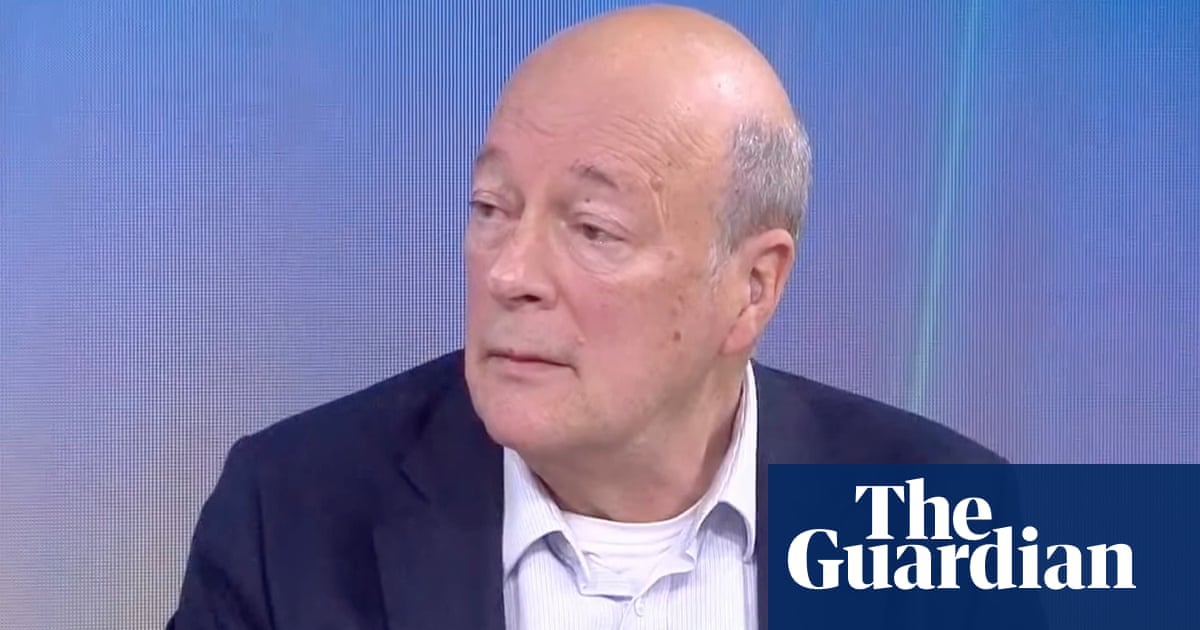
ABUJA, Oct 14 (Reuters) - Nigeria"s top general said on Thursday that Abu Musab al-Barnawi, leader of the insurgent group Islamic State West Africa Province (ISWAP), was dead.
ISWAP is an offshoot of the Boko Haram insurgent group that has been fighting against the Nigerian armed forces for 12 years. The two militant groups later turned on each other.
The conflict between the insurgents and Nigeria"s armed forces, which has also spread to neighbouring Chad and Cameroon, has left about 300,000 dead and millions dependent on aid.
"I can authoritatively confirm to you that Abu Musab is dead," Lucky Irabor, the chief of defence staff, told reporters at the presidential villa in Abuja, without elaborating.
Vincent Foucher of France"s National Centre for Scientific Research, an expert on the insurgent groups, said sources had told him al-Barnawi was wounded in August during a clash against Boko Haram fighters and had died later, possibly in September.
He said that while it was hard to get solid information, the report of al-Barnawi"s death seemed plausible as the ISWAP leader had issued a number of lengthy audio recordings in May and June but had gone completely quiet since August.
Al-Barnawi was the third leader of an Islamist insurgent group in West Africa to die this year, after Boko Haram"s Abubakar Shekau in May and Adnan Abu Walid al-Sahrawi of Islamic State in the Greater Sahara (ISGS) in August. read more
Since Shekau"s death, thousands of Boko Haram fighters have surrendered to the Nigerian armed forces, but Foucher said al-Barnawi"s death was unlikely to have a similar impact on ISWAP as that group had already weathered leadership changes.
Al-Barnawi had stepped aside between 2019 and 2021, with two or possibly three other leaders taking over during that period.
"The situation of the two groups is very different," he said. "Shekau was the autocratic leader of an organisation centred around him," said Foucher.
FOUNDER"S SON
Al-Barnawi was the son of Boko Haram"s founder, Muhammed Yusuf, whose killing by police in 2009 was one of the triggers for that group to launch its full-scale insurrection in northeast Nigeria.
After Yusuf"s death, Shekau became the Boko Haram leader. Under his leadership, it carried out a campaign of bombings, killings and mass abductions. In 2014, the group gained worldwide notoriety when it abducted 270 girls from their school in the town of Chibok.
In 2015, Shekau pledged allegiance to Islamic State, but the following year Islamic State named al-Barnawi as its leader in West Africa.
Shekau rejected his demotion and the two split, with al-Barnawi moving his ISWAP fighters to the shores of Lake Chad, where they became the dominant insurgency.
In June this year, al-Barnawi announced in an audio recording that Shekau had died in May after detonating an explosive device while being pursued by ISWAP fighters following a battle.
In previous years, the Nigerian authorities erroneously announced Shekau"s death several times.
France announced a month ago that its forces had killed the ISGS leader al-Sahrawi. ISGS is Islamic State’s affiliate in the Sahel, a strip of land below the Sahara Desert that includes countries such as Mali, Niger and Burkina Faso.
The level of coordination between ISWAP and ISGS is not clear, but there have been increasing signs of contact between the two branches in recent years, particularly as ISGS militants extend their influence in southern Niger.









